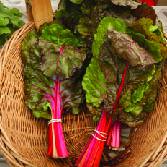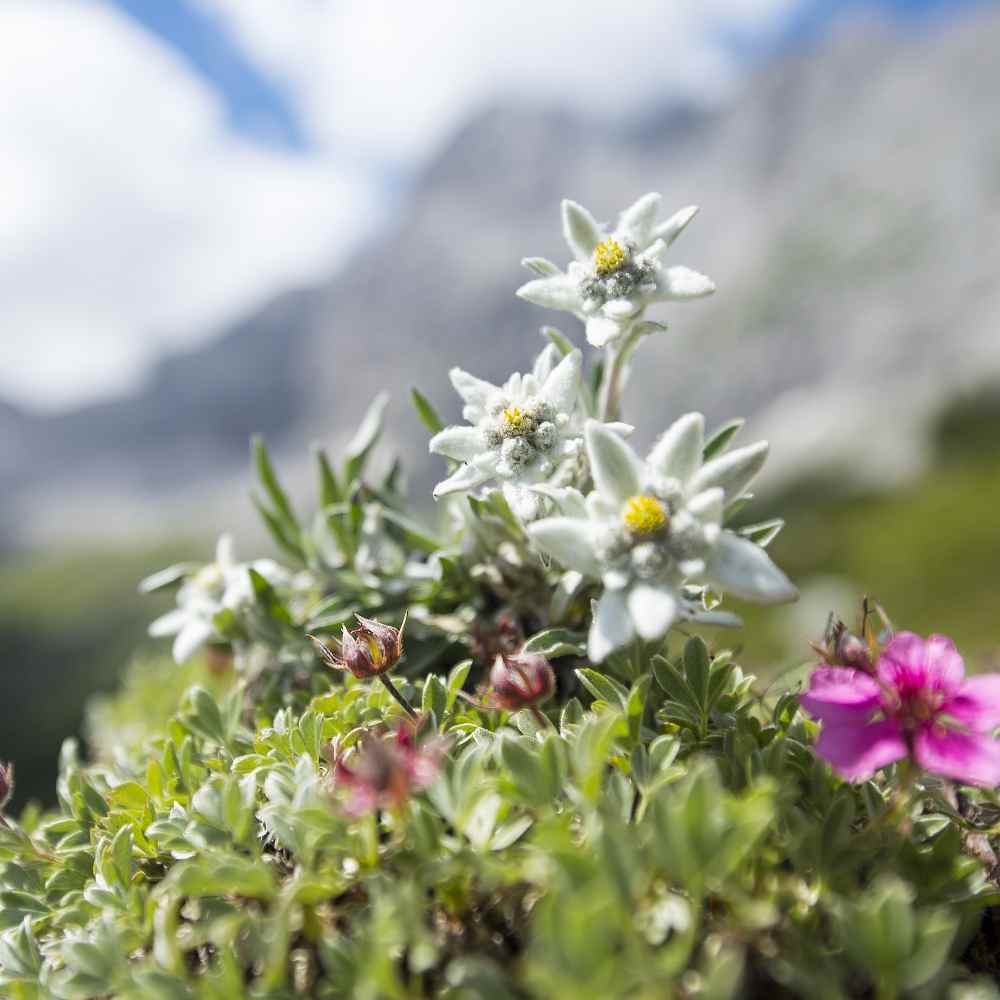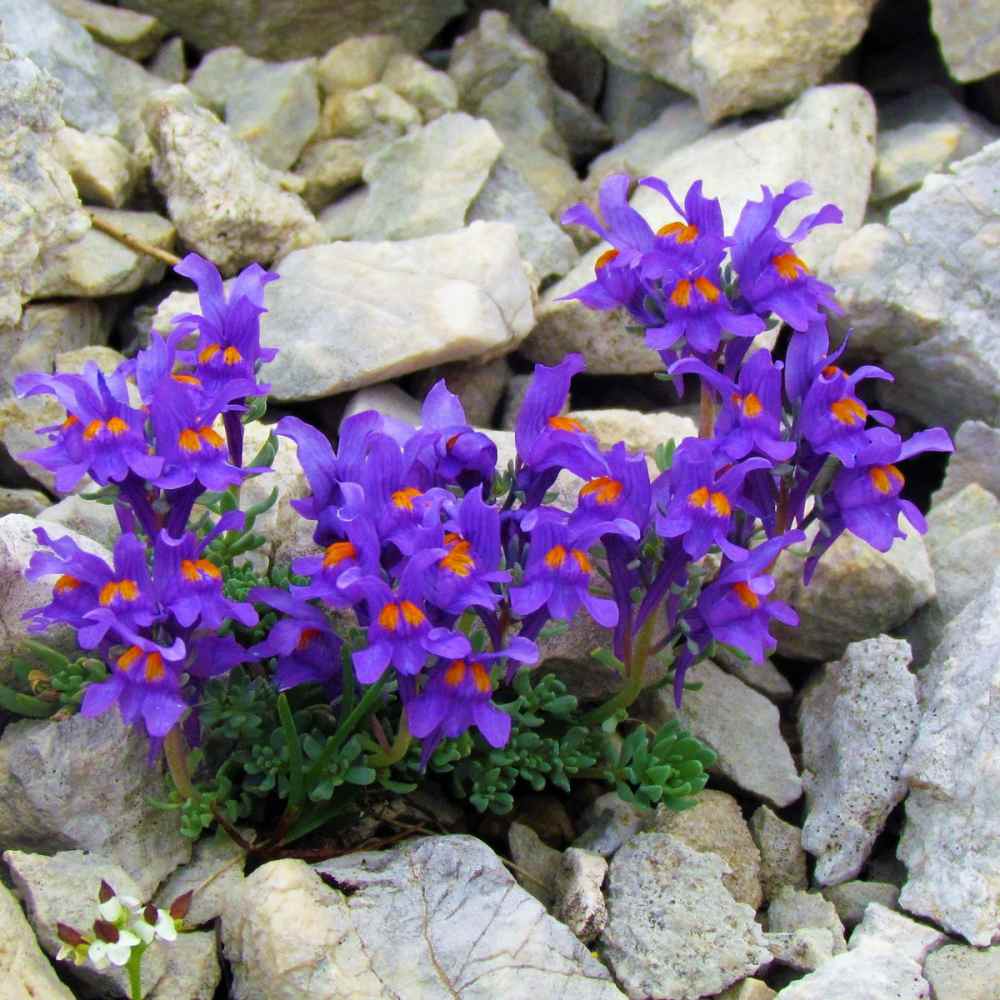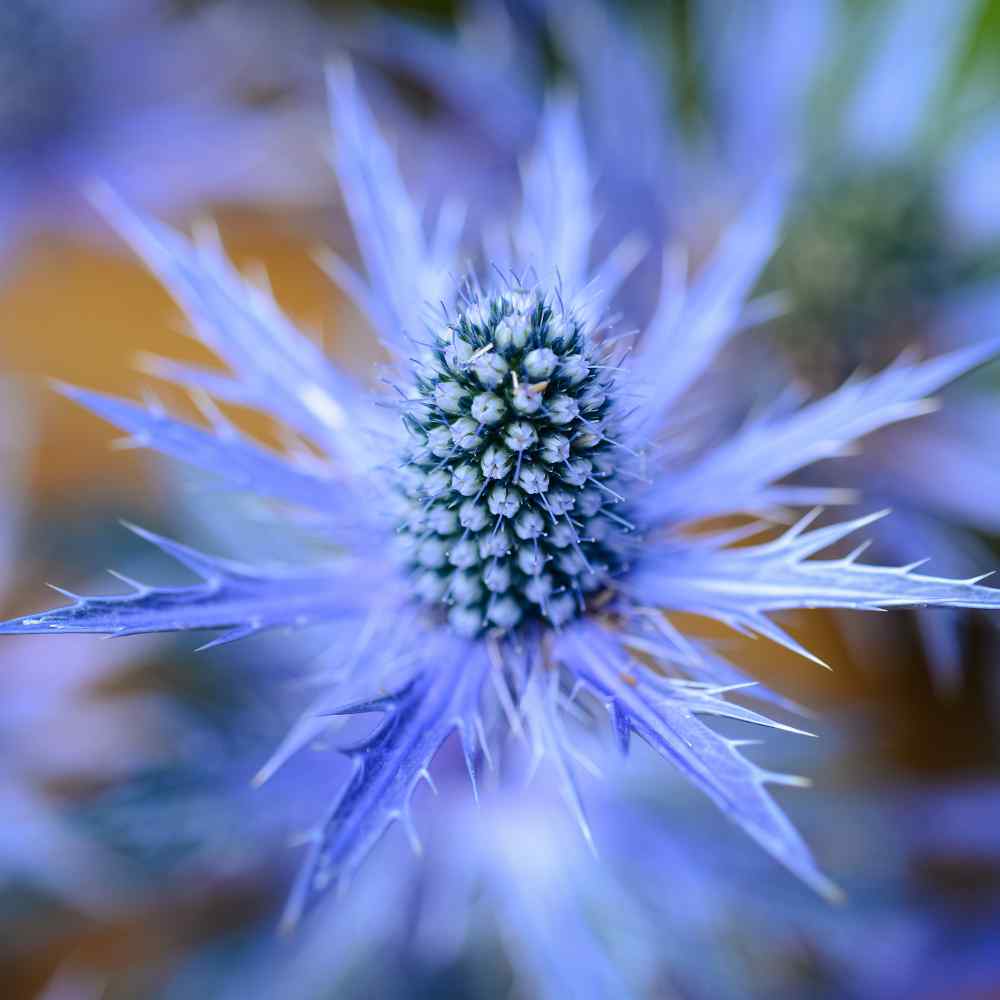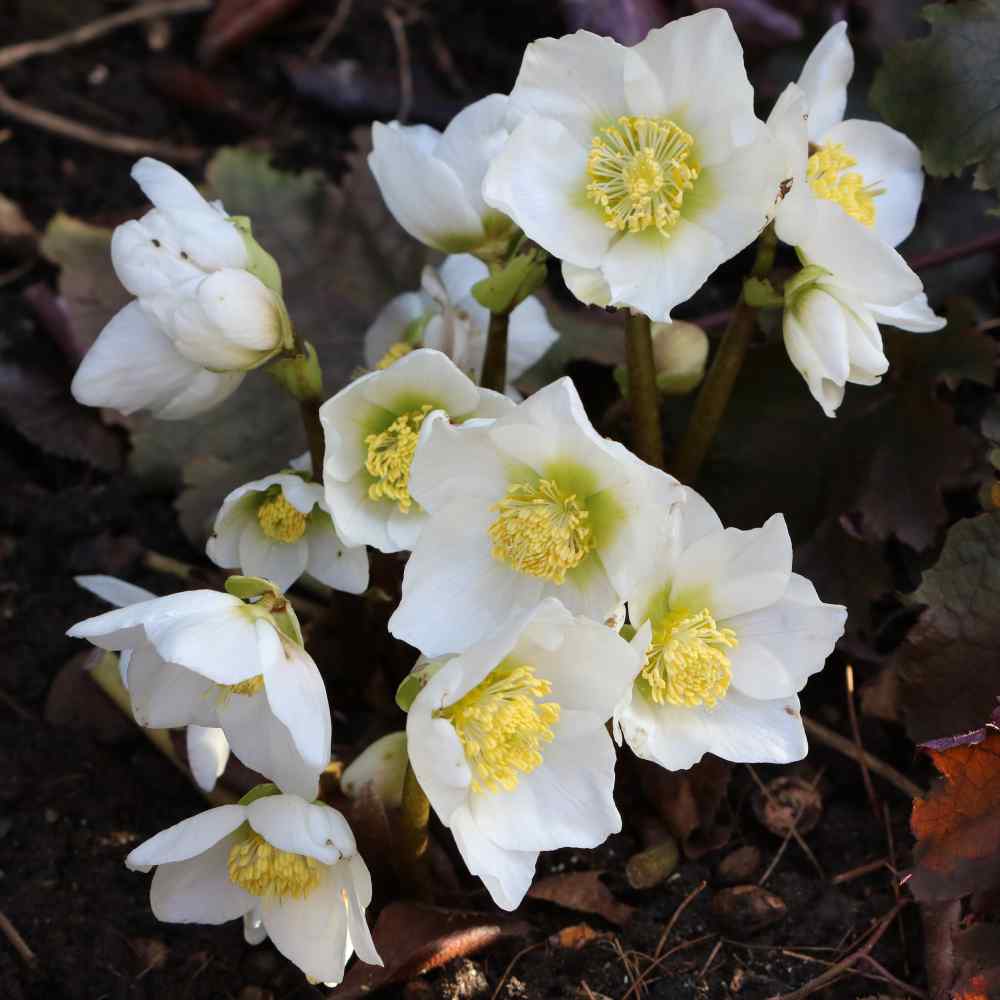
Edelweiss Planting and Care Guide
Quick Facts About Edelweiss
The national flower of Switzerland, Edelweiss is a famous flower native to mountainous regions of Europe, Asia, and South America. It grows as a perennial, and performs well in rock gardens and beds.
Planting Time
Edelweiss should be started indoors 4-6 weeks before the last expected frost (after performing a manual stratification process), or outdoors in the early spring BEFORE the last frost has occurred.

Planting Location
Edelweiss prefers an area of full sun, but can also grow in partial shade. Plant in rocky soil with excellent drainage.
How to Grow Edelweiss
- Edelweiss seeds germinate best after a cold stratification process. This can be mimicked by placing seeds and soil in a plastic bag inside the fridge for 3 weeks, or simply sow outdoors in early spring to allow late frosts to prepare the seeds.
- If starting indoors, sow seeds into trays or small pots filled with a seed starter mix.
- If sowing directly outdoors, first prepare a seedbed by removing weeds and breaking up soil.
- Surface sow several (6-8) seeds per plant, then press the tiny seeds into soil without covering.
- Keep seeds moist until germination by misting (direct watering can wash away the seeds). Under proper conditions, germination should occur in 3-6 weeks.
- Once indoor seedlings have a few sets of true leaves, thin to the strongest seedling and transplant outdoors spaced 8 inches apart, or to individual containers.
- Before transplanting seedlings into the garden, it's essential to "harden them off". This involves acclimating young plants to outdoor conditions by placing them in a sheltered outdoor area for about a week. Initially, shield them from strong winds and direct sunlight. If there's a risk of frost overnight, either cover the plants or bring them indoors, then return them outside in the morning. This hardening off method helps strengthen the plant's cell structure, minimizing transplant shock and sun damage.
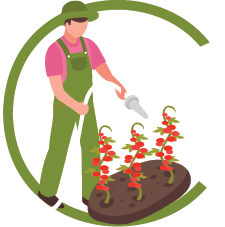
Care And Maintenance
- Keep weeds under control during the growing season. Weeds compete with plants for water, space and nutrients, so control them by either cultivating often or use a mulch to prevent their seeds from germinating.
- Mulches play a vital role in preserving soil moisture and ensuring consistent soil temperatures. When it comes to annuals, using organic mulch made from shredded leaves not only enhances the appearance of the bed but also enriches the soil as it decomposes over time. Remember to keep mulch away from the plant stems to avoid potential rot issues.
- Edelweiss is adapted to arid conditions, and only requires minimal watering. It cannot tolerate soggy soil.
- Edelweiss is used to poor soil, and doesn't require fertilization.
- Pruning Edelweiss is unnecessary. Deadhead spent blooms if you reseeding is undesirable.
















